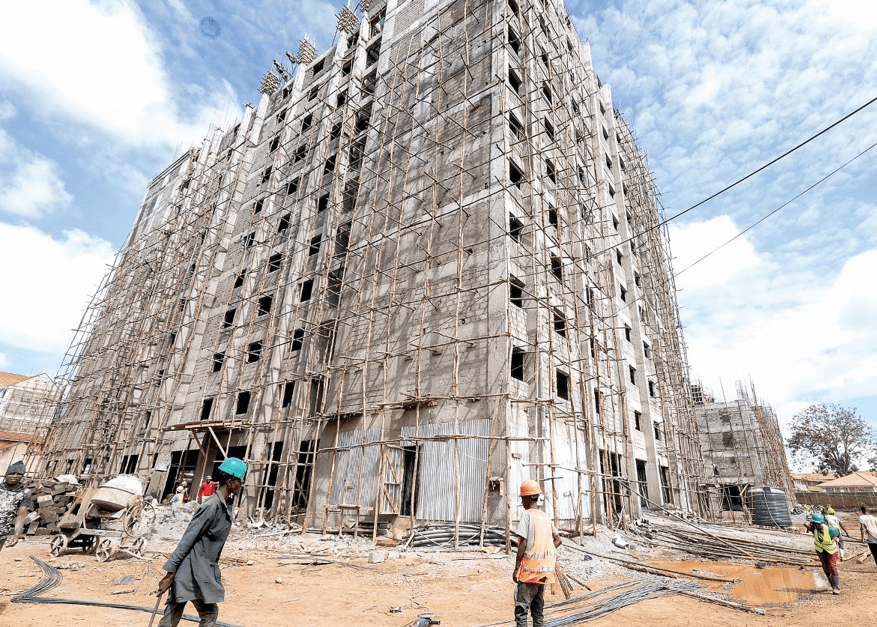UN-Habitat sounds the alarm over global housing crisis

The latest UN-Habitat report warns of a global housing crisis, and in Kenya, this is already a reality, with the country facing a deficit of over 2 million units.
In its 2024 annual report, the UN-Habitat cautions that if urgent measures are not taken to address the deficit, the living conditions of over 2.8 billion people who lack access to adequate housing are likely to worsen to unimaginable levels.
Already, according to the UN agency, the housing crisis is limiting these people’s enjoyment of several human rights, including the right to work, health, social security, education and more.
However, despite the crisis, in Kenya, Housing Principal Secretary Charles Hinga said the country had the foresight, albeit late in the hour, to embark on the affordable housing journey.
“The existing housing supply, particularly in the affordable housing segment, is significantly below the demand. But on the other hand, Kenya’s leadership has prompted our neighbours to try and address the housing crisis, demonstrating the country’s leadership in a number of development fronts,” the PS told People Daily on June 4, 2025, through the Ministry’s Communications department.
Kenya has a significant housing gap, with an estimated demand of 250,000 housing units annually, but only around 50,000 are being produced.
Hinga says this has created an annual deficit of 200,000 units.
“The accumulated deficit is estimated to be around 2 million housing units,” he said.
The UN-Habitat 2024 Annual Report reveals the urgent global need for safe, affordable, and adequate housing.
The report details UN-Habitat’s efforts to advance solutions to tackle the biggest challenges impacting cities and towns globally – from the climate crisis to the growing housing crisis.
“Urgent action is needed to build sustainable cities with affordable housing, efficient mobility, and essential services for all,” Executive Director, UN-Habitat, Anacláudia Rossbach said.
Numerous barriers
She noted that from conflict- and climate-induced displacement to the commodification of housing, numerous barriers continue to hinder access to affordable and inclusive housing.
With fragmented policies and uneven progress, a coordinated approach is more critical than ever to ensure decent housing for all.
“Climate change, conflicts and natural disasters continue to displace millions of people, forcing them to leave their homes in search of safety, stability, and better living conditions. The global housing crisis is no longer just about housing – it is a wake-up call for action. We must rethink urban policies, land use, legislation and financing to prioritise housing and basic services as key drivers of climate action and sustainable development,” she noted.
The gap is significant. An estimated 96,000 new housing units need to be built per day to meet adequate housing needs by 2030.












